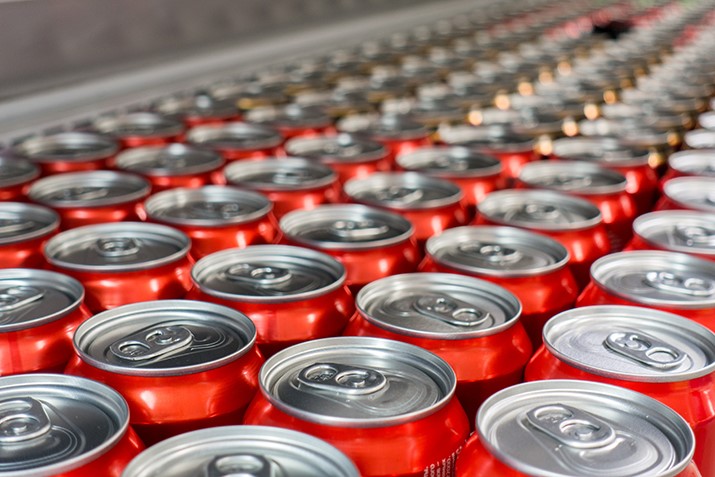

SkyQuest forecasts that the European food can market will be worth $28.08 billion by 2030, with a CAGR of 4.4 per cent from 2023 to 2030. Aluminium food cans are expected to dominate the European food can industry, with a CAGR of 2 per cent in the future. Because of its lightweight nature and greater strength, aluminium is favoured for manufacturing food cans. Because of these qualities, aluminium cans are simple to handle, transport, and store while keeping and safeguarding food.

Turkey's marketplaces are positioned to dominate the European food can market, owing mainly to the country's expanding food and beverage (F&B) business. Turkey's growing F&B industry has generated substantial demand for food cans, enhancing the market's development potential. Furthermore, the country's quickly changing economic circumstances, such as rising consumer spending power, are likely to increase demand for food cans even more.
Demand for canned meat has increased significantly in recent years, owing mostly to customers' growing dependence on processed foods with prolonged shelf lives. Canned meat products provide convenience and lifespan, making them a popular option among European food can consumers. According to SkyQuest, technical breakthroughs and new manufacturing processes have resulted in tremendous development in the European food can industry.
Canning is a method of preserving food that requires boiling it to deactivate degrading enzymes before sealing it in an airtight container. This approach is a low-cost solution to increase the shelf life of numerous food goods in the European food can market.
Responses








